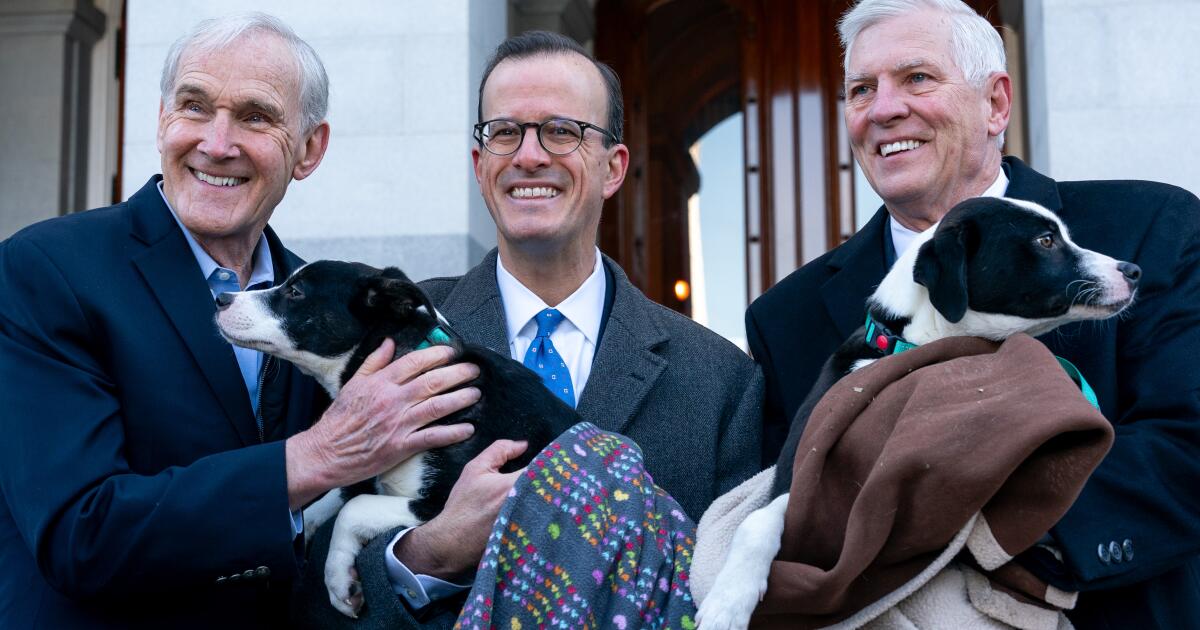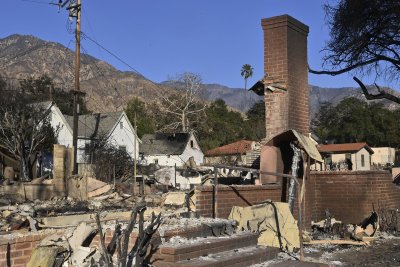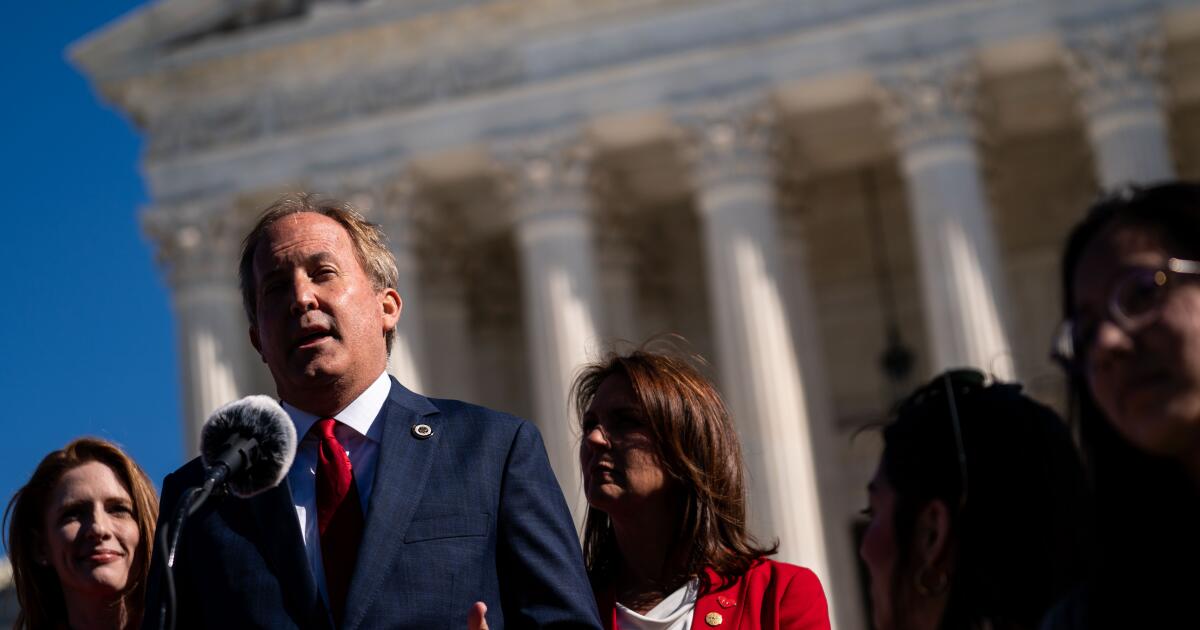WASHINGTON, July 1 (UPI) — The Trump administration has quietly shut down a major federal website that hosted congressionally mandated national climate assessments, which were the U.S. government’s preeminent reports on climate change impacts, risks and responses.
The disappearance Monday of the U.S. Global Change Research Program’s website marked an unexpected loss in public access to the most crucial source for climate-related science.
Also missing was access to previous National Climate Assessments, which are robust scientific evaluations used by lawmakers, scientists and the public to understand and mitigate climate change trends.
Climate scientists condemned the missing access to the vital climate science information, which offered guidance to communities on the climate risks they face, as well as how to plan for and safeguard residents from climate-related disasters like floods and wildfires.
Rachel Brittin, the former deputy director of the National Oceanic and Atmospheric Association’s external affairs office, said the removal of the website “silences scientists” and “blinds decision-makers.”
“Americans deserve facts — not censorship — when it comes to preparing for a changing world,” Brittin, who served during the current Trump administration, said in a statement to Medill News Service.
Patrick Gonzalez, a climate change scientist at UC Berkeley and co-author of the third and fourth National Climate Assessments, criticized the Trump administration for “suppressing the science of human-caused climate change because they are afraid of the facts, which disprove their erroneous opinions.”
None of the five previous iterations of the assessment was available through the Global Change Research Program website as of Tuesday afternoon. Clicking on the 2023 Fifth National Climate Assessment produced an error message.
Archived versions of the assessments were buried deep in the Environmental Protection Agency website, but only via the agency’s search engine. They also could also be accessed through the Wayback Machine, a non-profit Internet archive.
Some climate scientists downloaded copies of past assessments and uploaded them to their own websites after the site went dark.
The White House did not respond to a request for comment concerning whether the assessments would be available again online.
In 1990, Congress passed the Global Change Research Act, which mandated the federal government to create the Global Change Research Program and require a report every four years on the current state of global climate change.
The National Climate Assessment qualified as a Highly Influential Scientific Assessment, which Congress mandated in 2005 be publicly accessible.
President Donald Trump targeted the Global Change Research Program in the past. Trump removed Michael Kuperberg, the former executive director of the program, from the position in November 2020.
Former President Joe Biden reinstated Kuperberg as head of the program in July 2021, where he oversaw the fourth and fifth editions of the National Climate Assessment.
In April, scientists working on the Sixth National Climate Assessment were relieved from their duties. In the dismissal email, the administration said “the scope of the [National Climate Assessment] is currently being re-evaluated.”
On June 23, the Trump administration released a memorandum directing federal agencies to incorporate “Gold Standard Science” tenets into their research. In an executive order in May, Trump decreed that science must be “reproducible” and “skeptical of its findings and assumptions,” among other descriptors.
The administration referenced the memorandum to justify deleting climate.gov, another high-traffic federal website for climate change information. Climate.gov redirected users to the NOAA website as of June 24.
In the same executive order, Trump said previous administrations “promoted scientific information in a highly misleading manner.”
The executive order also said that federal decision-making under this standard would use the “most credible, reliable and impartial scientific evidence available.”



